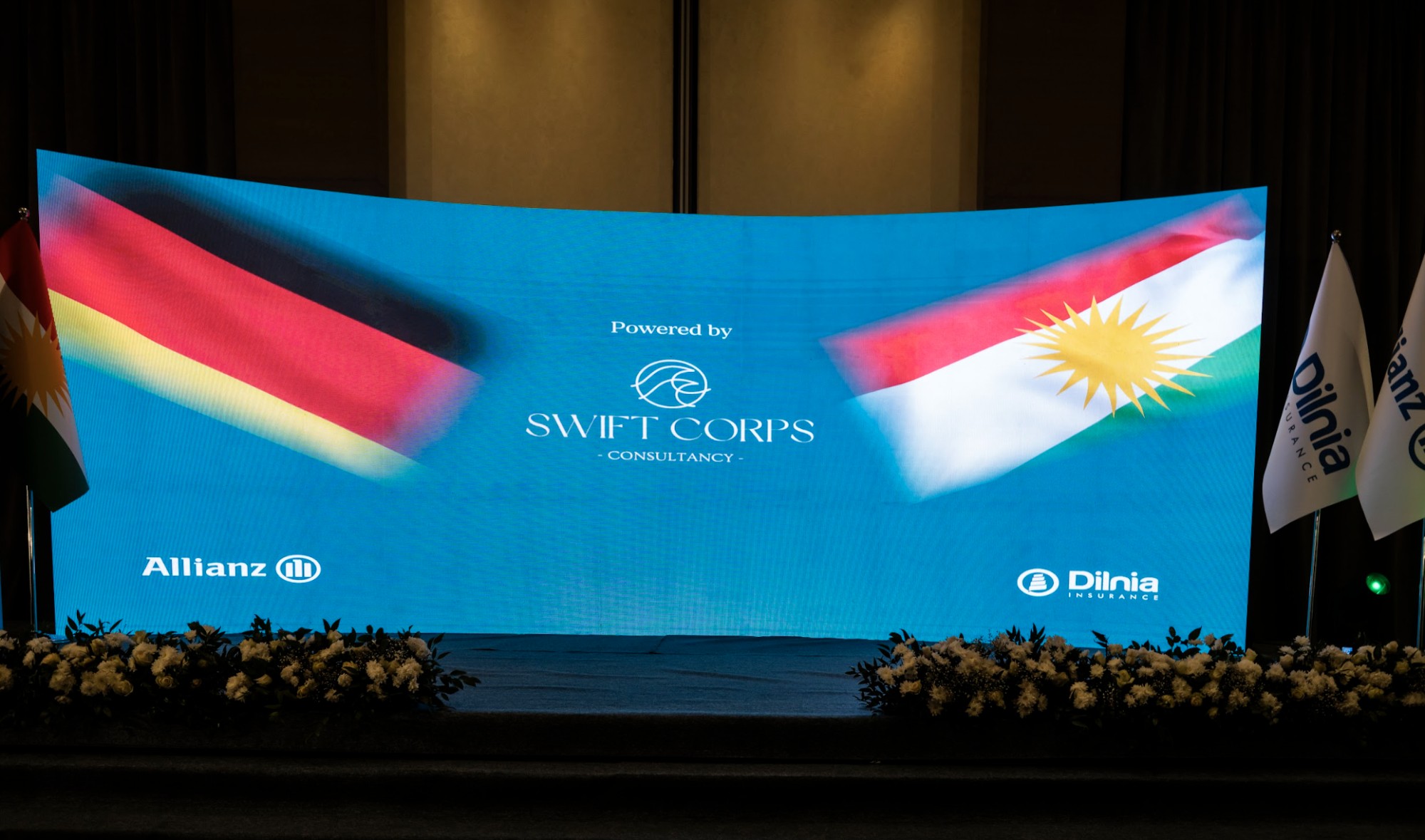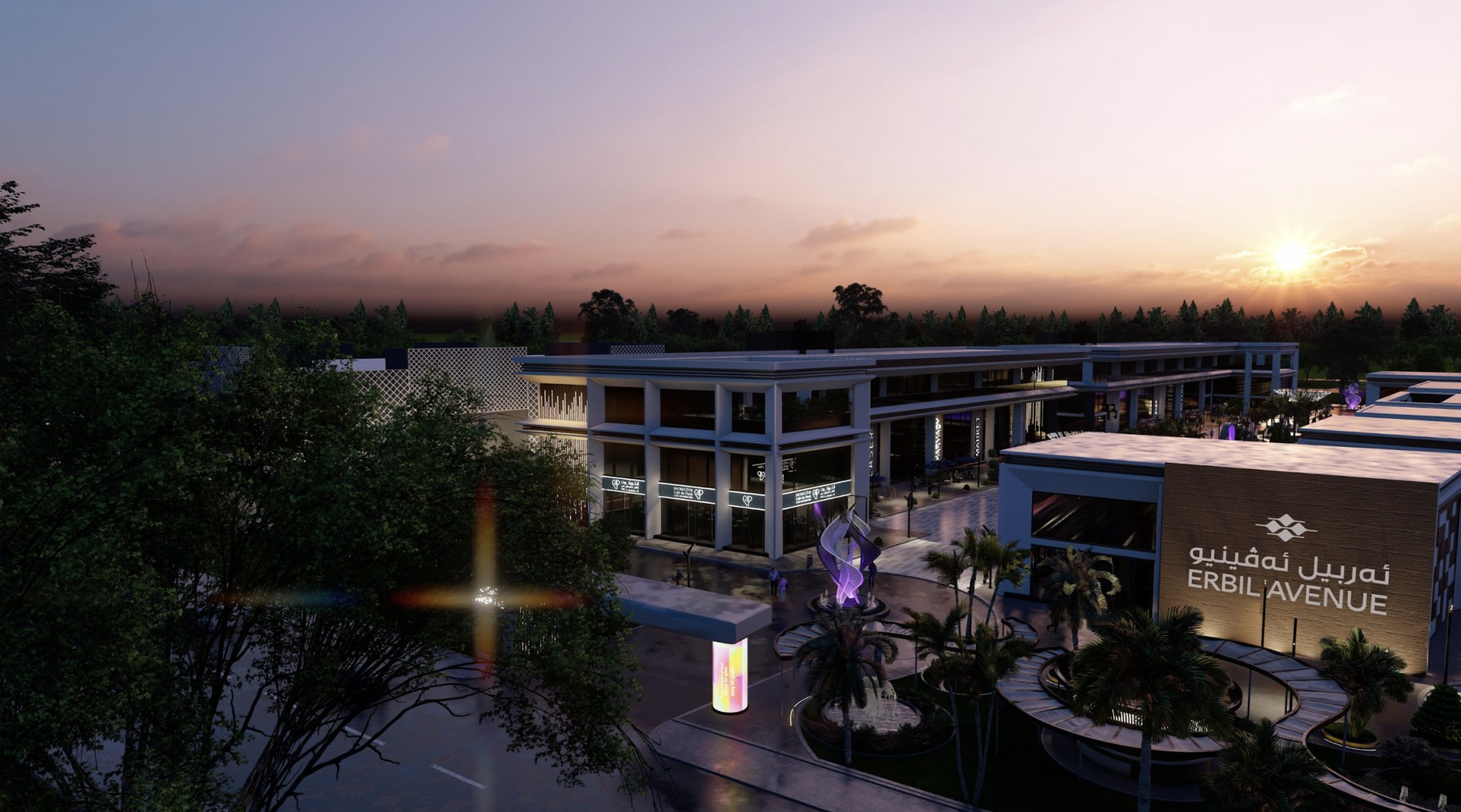In the heart of the Middle East, the Kurdistan Regional Government (KRG) has embarked on a transformative economic journey through the establishment of Special Economic Zones (SEZs). Strategically positioned in Dohuk, Batifa, Shaqlawa, and Chamchamal, these SEZs are proving instrumental in driving economic growth, fostering innovation, and attracting both domestic and foreign investment.
Through economic development programs and the vision of KRG Prime Minister Masrour Barzani, the industrial sector is of great importance in supporting economic growth and improving the standard of living for all citizens in the Kurdistan Region of Iraq (KRI). Currently, the KRG operates four industrial zones and plans to establish 16 new SEZs throughout the region. The KRG is seeking investors to develop and operate these zones, aiming to reduce reliance on imported goods, increase exports, and eliminate dependence on oil and gas.
SEZs are business parks that have been given legal independence to enhance their management. Businesses operating in SEZs benefit from distinct labor rules, streamlined government restrictions, special visa rights, and exclusive tax benefits. This makes it possible for companies to operate in developing markets without encountering the typical issues present in such markets.
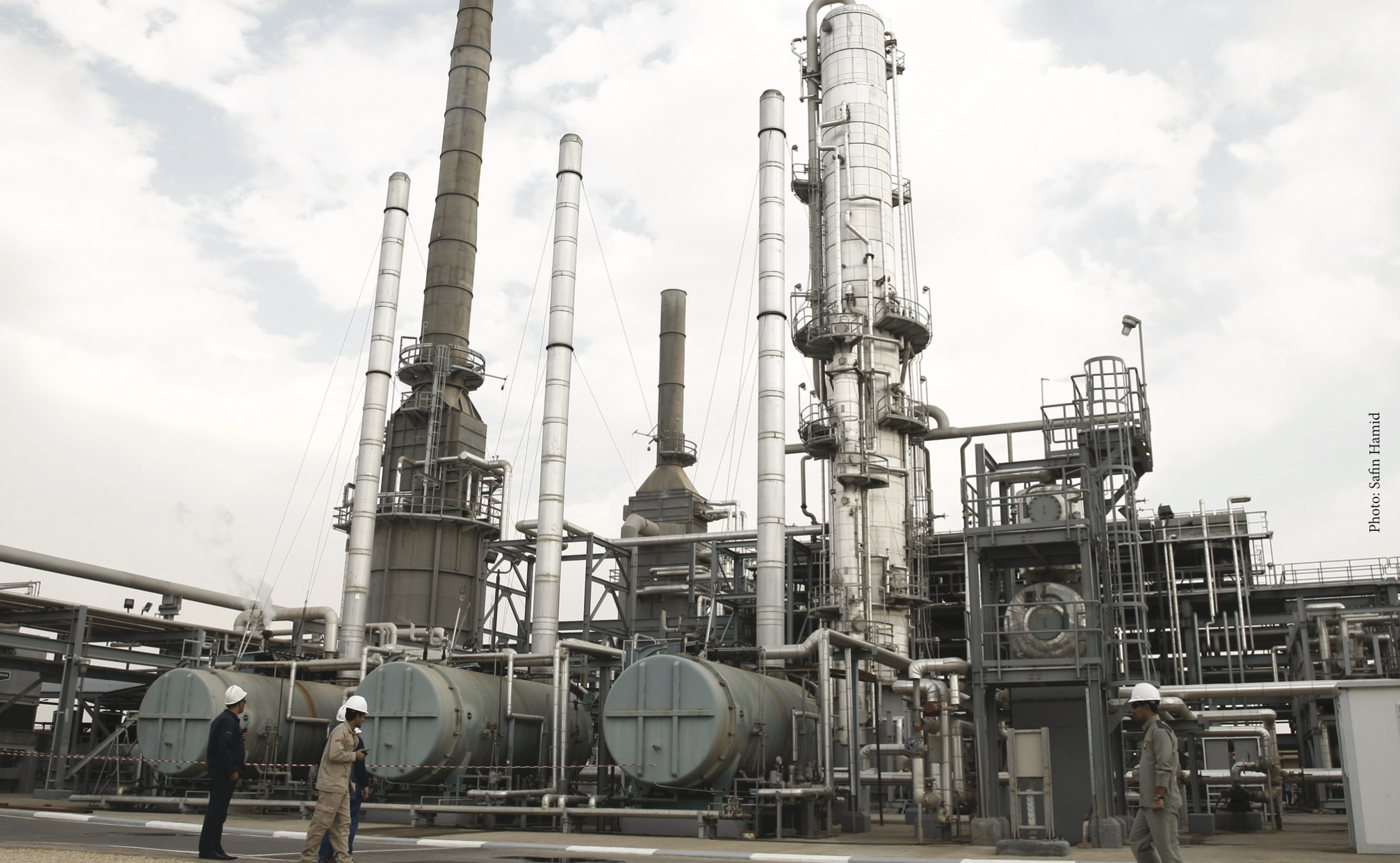
Unleashing Economic Potential
The KRI’s SEZs are carefully designed to unleash the region’s economic potential by providing a business-friendly environment. Investors, whether local entrepreneurs or international corporations, are lured by a host of incentives, including tax breaks, simplified regulatory processes, and streamlined customs procedures. This approach aims to position the KRI as an attractive investment destination for those seeking a foothold in a region with a rapidly expanding market.
Diverse sectors, one vision: A key strength of the KRI’s SEZs lies in their diversity. Instead of concentrating on a single industry, these zones embrace a multi-sectoral approach. From technology and manufacturing to logistics and tourism, the SEZs cater to a broad spectrum of businesses. This not only enhances the resilience of the region’s economy but also contributes to the development of a well-rounded business ecosystem.
Erbil as hub of innovation: Among the SEZs, Erbil stands out as a shining example of success. With its modern infrastructure and strategic location, Erbil has become a hub for innovation and entrepreneurship. The Erbil SEZ, established in 1999, has attracted companies from various sectors, creating a vibrant business community that thrives on collaboration and cross-industry synergies.
Building bridges through trade: SEZs play a pivotal role in building bridges through trade. By facilitating international commerce, they strengthen economic ties between the KRI and the global market. The KRG’s commitment to creating an open and accessible business environment fosters a climate where businesses can flourish, creating a win-win situation for both local and international partners.
Overcoming challenges with resilience: The KRI’s journey in establishing SEZs has not been without challenges. Despite objections from Baghdad, the Erbil governate has successfully signed contracts with 42 oil companies from 17 countries, showcasing resilience in the face of geopolitical uncertainties and economic fluctuations. As recently as 2014, KRG officials optimistically predicted exports of 1 million barrels annually.
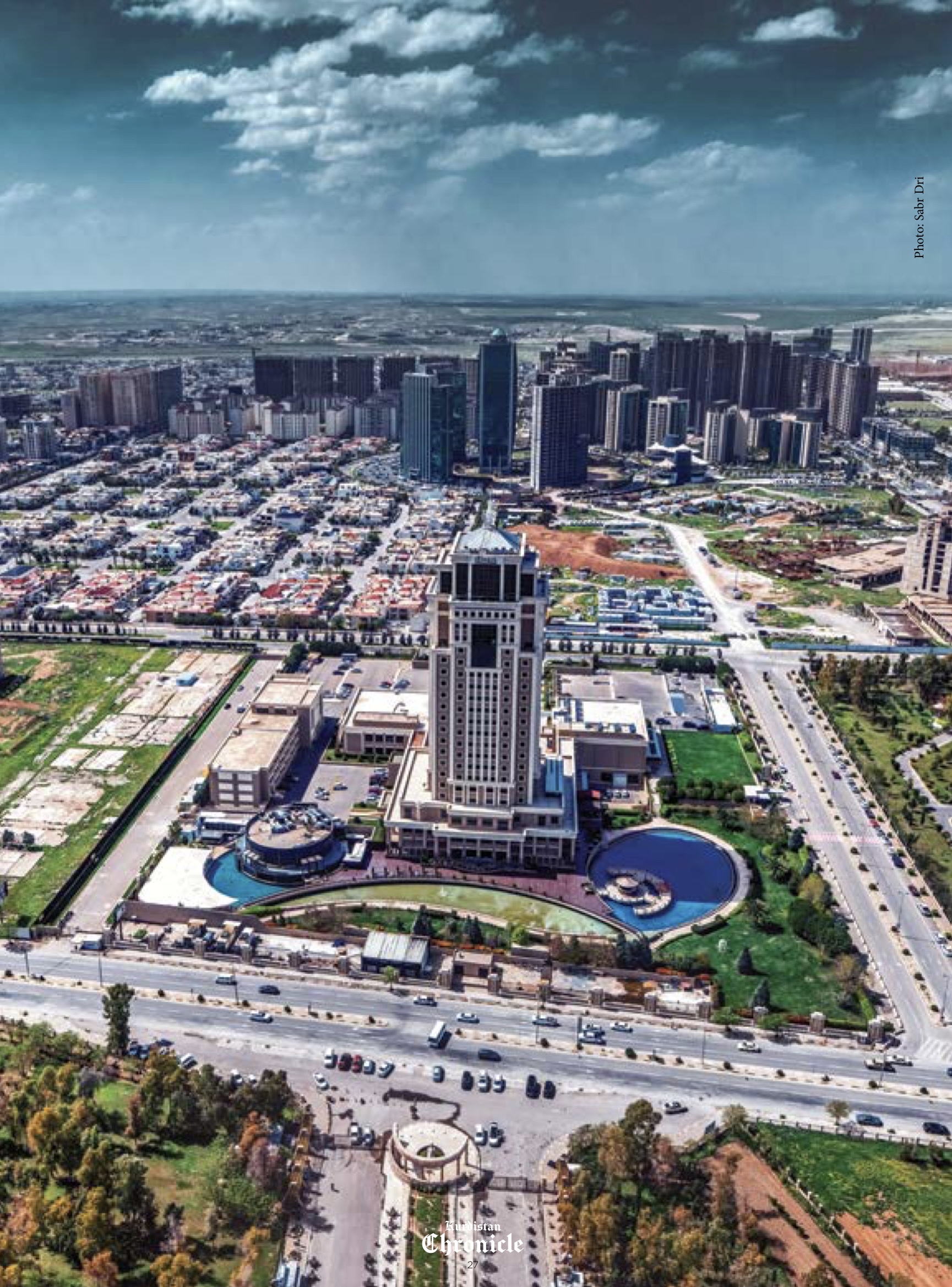
Unlocking Kurdistan as an economic powerhouse
As the KRI’s SEZs continue to evolve, the region is poised for sustained economic growth. The KRG’s focus on innovation, inclusivity, and sustainable development is laying the foundation for a prosperous future, and the SEZs aid in economic diversification and position the region as a key player in the global economic landscape.
On Tuesday, October 31, 2023, Prime Minister Barzani inaugurated the Fabyab Factory in Erbil, which specializes in cardboard packaging products. At the inauguration, he expressed his vision for the importance of regional progress and development and stated that the KRI is demonstrating that economic success can be achieved through strategic planning, innovation, and a commitment to building bridges with the international community.
Industrial sector development: The industrial sector has emerged as a focal point for growth in the KRI, leveraging its abundant natural resources, particularly in oil and gas. The KRG is actively working to promote industrial growth, recognizing its potential to drive economic prosperity and create jobs.
Initiatives for industrial growth: The KRG’s commitment to industrial development is evident through its creation of SEZs aimed at attracting investment. Still in its early stages, the KRG envisions making the industrial sector a major component of the economy. Plans include the development of new industrial zones and investment in key areas such as petrochemicals, construction materials, textiles, and various light and heavy manufacturing industries.
Operational industrial projects: The KRI currently hosts operational industrial projects that contribute significantly to the local market and export products to other parts of Iraq. Notable examples include the Erbil Steel Company, the Lafarge (Bazian) Cement Factory, the Mass Steel & Cement Factories, Awamedica for pharmaceutical products, and Al-Hayat (Pepsi) for beverages, showcasing the region’s potential for industrial growth.
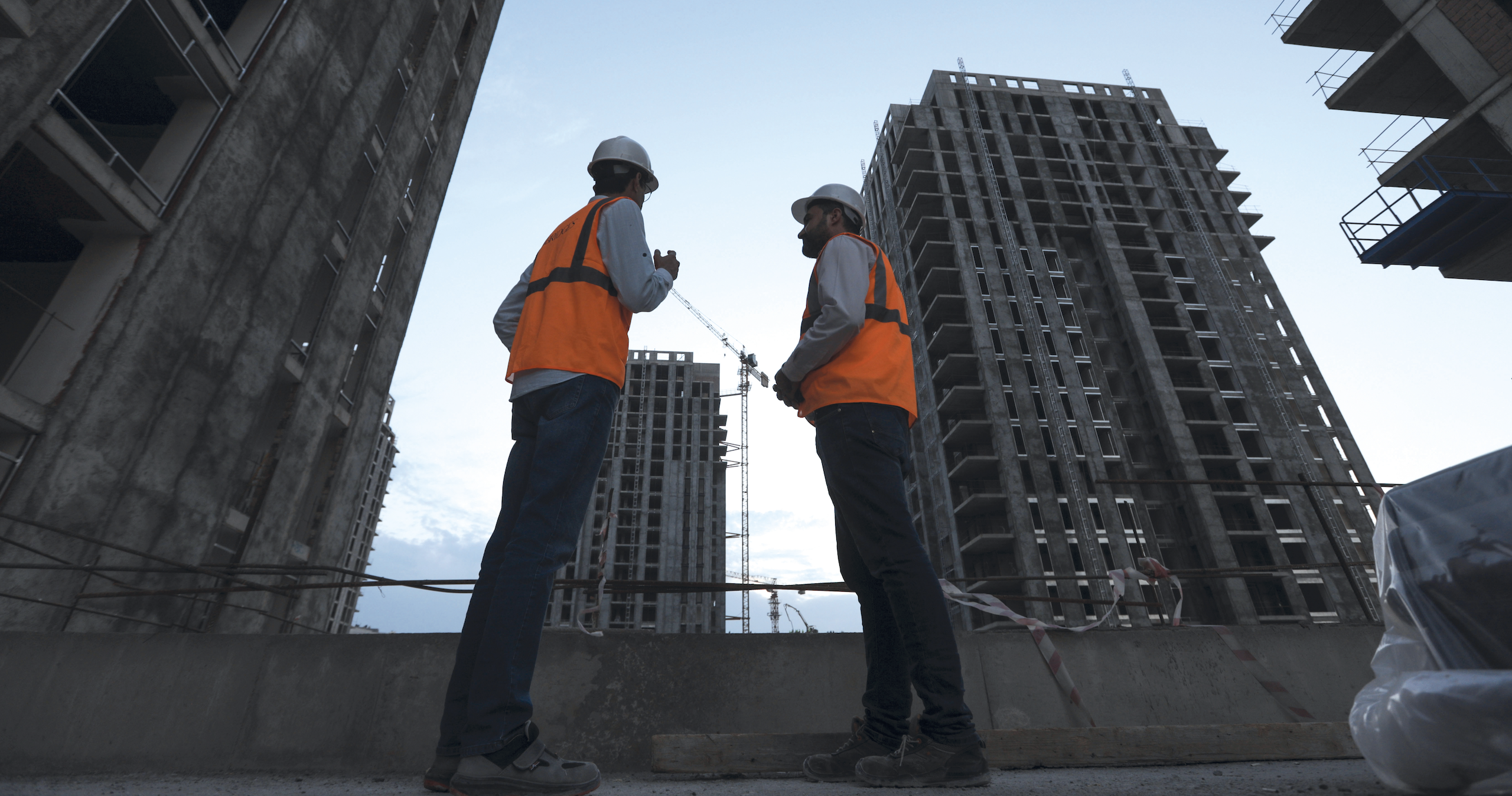
Data and Figures
Oil Production: 450,000 b/d (45 billion barrels of oil reserves)
Natural Gas Production: 452 mmscf/d (200 trillion cubic feet of natural gas reserves)
Industrial Zones: Four operational zones with 16 SEZs under development
Industrial Projects: Investment licenses given to 283 industrial projects with a total capital of $23 billion since 2006
Labor Force: 2.5 million (Over 58% of the population is between the ages of 15 and 60)
Investment Opportunities in the Industrial Sector
The KRI presents a multitude of investment opportunities in the industrial sector, spanning various domains.
Petrochemicals: Leveraging substantial oil and gas reserves, the KRI aims to become a leading supplier of petrochemical products derived from natural gas. Proposed projects include ammonia, urea, petrochemical products production plants, and ethylene and propylene production facilities.
Construction Materials: The construction materials industry is thriving, featuring steel structure and profile factories, aluminum profile factories, cement factories, and more. These ventures contribute to meeting local needs and meeting the region’s demands for economic development.
Textiles: The textile industry, with opportunities ranging from clothing manufacturing to rug and carpet production, presents a dynamic sector for investment. The region’s skilled workforce and available resources make it an attractive hub for textile-related ventures.
Miscellaneous Industries: Beyond the abovementioned sectors, the KRI offers investment prospects in various industries such as automotive assembly, agricultural equipment, battery manufacturing, consumer electronics, and recycling facilities. These industries respond to market demands and exhibit high growth potential.
To sum up, the KRI is unlocking its potential as an economic powerhouse through a strategic focus on both SEZs and industrial sector development. The region’s commitment to diversification, innovation, and international collaboration positions it as a key player in the global economic landscape. The KRI is not just a region with economic potential; it is actively demonstrating that success is achievable through forward-thinking planning, innovation, and a commitment to building bridges with the international community.
Sherzad Ahmed Shahab is a PhD candidate in Financial Economics, School of Economics, Finance, and Banking, Northern University of Malaysia.
